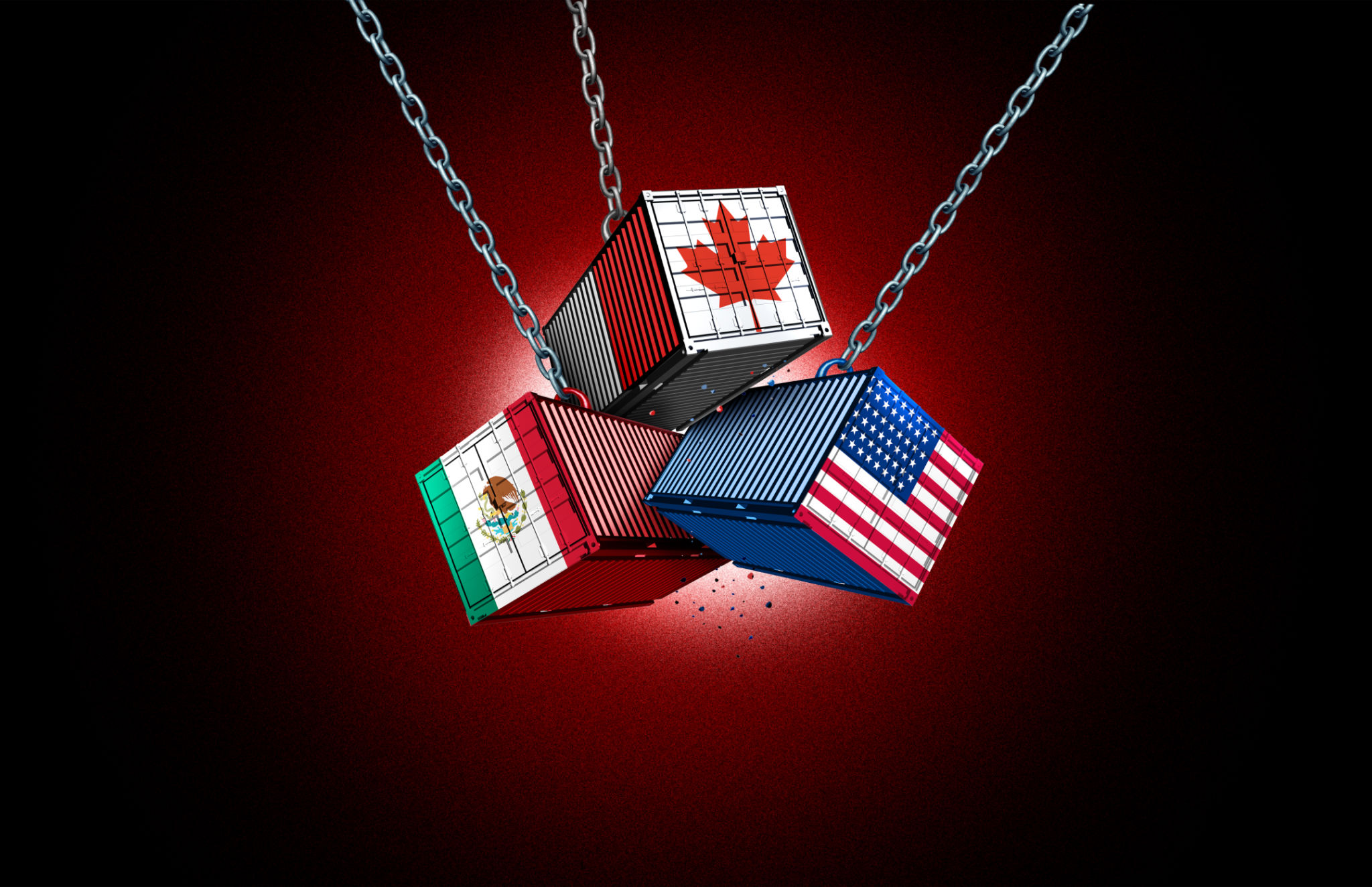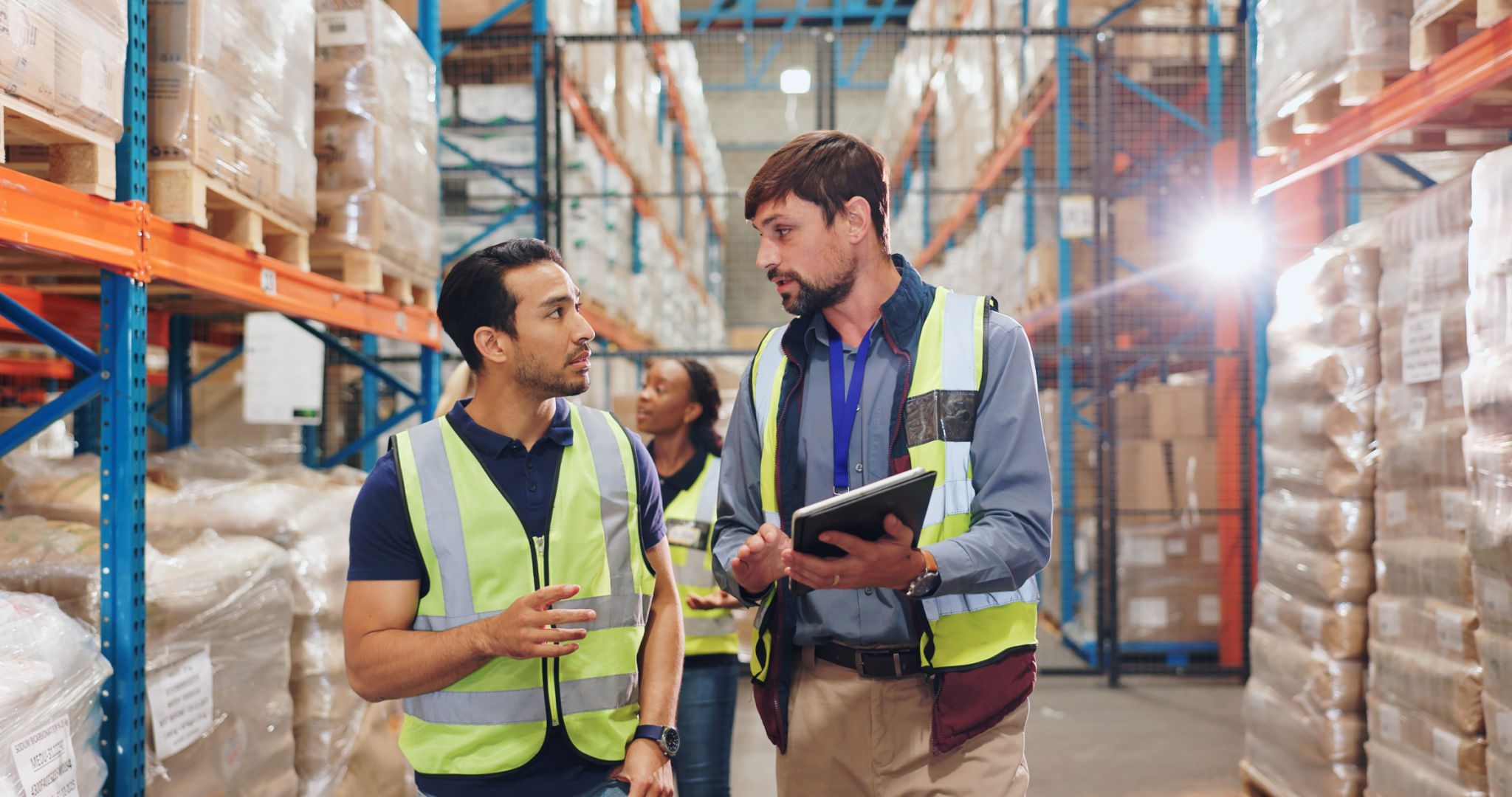Navigating Import Regulations in Metro Vancouver: A Guide for Wholesalers
Understanding Import Regulations
Metro Vancouver is a bustling hub for international trade, making it an attractive location for wholesalers looking to expand their business. However, navigating the complex landscape of import regulations can be challenging. Understanding these regulations is crucial to ensuring smooth operations and avoiding costly delays.
The first step for any wholesaler is to become familiar with the Canada Border Services Agency (CBSA) guidelines. The CBSA is responsible for regulating goods entering Canada, including those that arrive in Metro Vancouver. Familiarizing yourself with their requirements will help streamline your import process.

Key Documents Required
When importing goods into Metro Vancouver, several key documents are necessary. These include the commercial invoice, bill of lading, and Canada Customs Invoice (CCI). Each document serves a specific purpose and must be completed accurately to ensure compliance with Canadian laws.
The commercial invoice provides details about the goods being shipped, including their value and description. Meanwhile, the bill of lading acts as a receipt for the shipped items and outlines the terms of transportation. The CCI is used by customs officials to assess duties and taxes on imported goods.

Understanding Duties and Taxes
Import duties and taxes are significant aspects of importing goods into Metro Vancouver. These fees vary depending on the type and value of the goods being imported. The CBSA provides a duty and tax estimator tool that can help businesses anticipate costs before shipment.
It's also important to determine whether your goods qualify for preferential tariffs under trade agreements such as the Comprehensive Economic and Trade Agreement (CETA) or the United States-Mexico-Canada Agreement (USMCA). Taking advantage of these agreements can lead to substantial savings.

Compliance with Safety Standards
Ensuring your products meet Canadian safety standards is another critical aspect of the import process. The standards may vary based on the type of product, such as electronics, food, or pharmaceuticals. Non-compliance can result in fines or the seizure of goods, making it essential to stay informed about relevant regulations.
For instance, Health Canada regulates products that impact public health, while the Canadian Food Inspection Agency (CFIA) looks after food product standards. Engaging with these agencies early in the import process can prevent unexpected challenges.
Leveraging Professional Assistance
Given the complexities involved in importing goods into Metro Vancouver, many wholesalers choose to collaborate with customs brokers or logistics experts. These professionals can provide invaluable guidance on navigating regulations, completing paperwork, and ensuring compliance.
Working with experienced professionals not only saves time but also helps avoid potential pitfalls that could disrupt your supply chain. They can also offer insights into optimizing logistics to reduce costs and improve efficiency.

Staying Informed and Up-to-Date
The regulatory environment is dynamic, with changes occurring frequently. Wholesalers must stay informed about updates to import regulations that could impact their business operations. Regularly checking government websites and subscribing to industry newsletters can be effective ways to stay current.
Additionally, attending trade shows and networking events in Metro Vancouver can provide opportunities to learn from industry peers and experts. Sharing experiences and best practices can help wholesalers adapt to regulatory changes more effectively.

